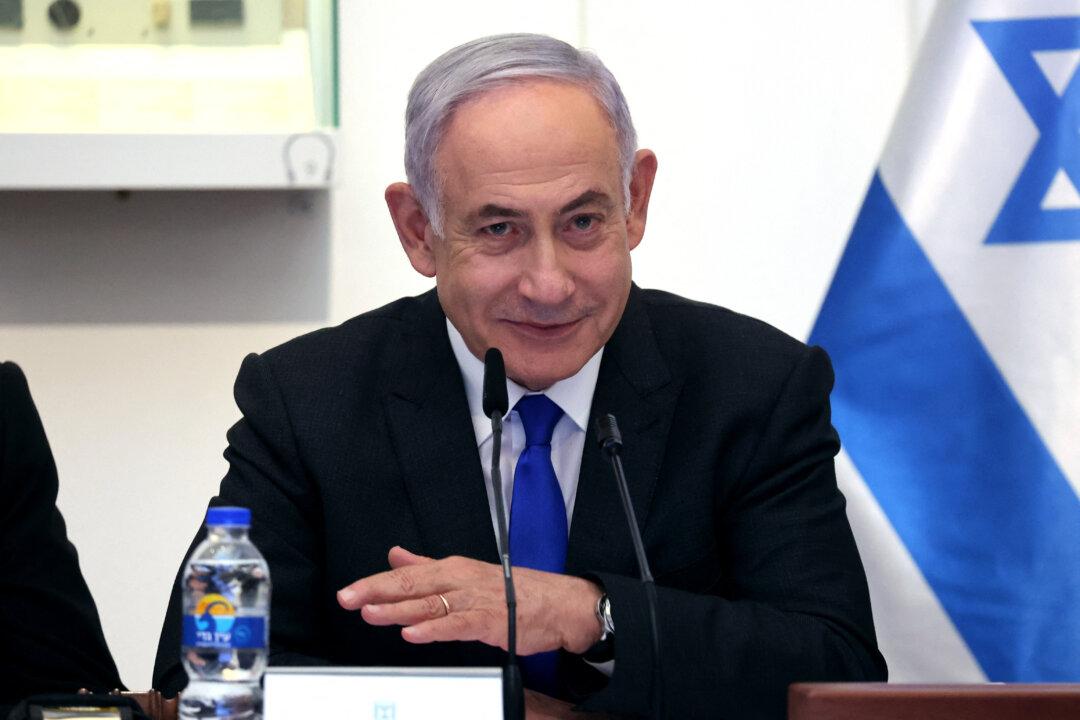Israeli Prime Minister Benjamin Netanyahu on June 5 signaled that his country is readying to intensify military action along its northern border with Lebanon as Israel continues to skirmish with Hezbollah.
Mr. Netanyahu signaled a willingness to fight Hezbollah—a U.S.- and Israeli-designated Lebanese terrorist group—in a statement while visiting the Israel Defense Forces (IDF) Gibor military base in the northern Israeli community of Kiryat Shmona on June 5. The Israeli prime minister visited the northern Israeli community to meet with leaders of the IDF’s Northern Command to discuss continuing cross-border fighting between Israel and Lebanon.





